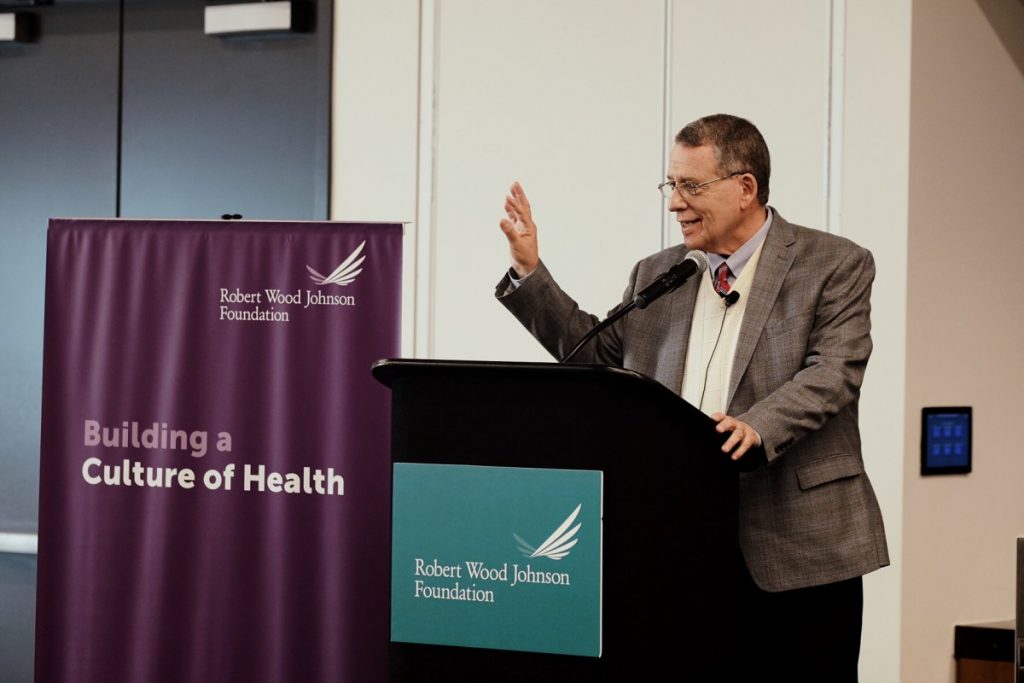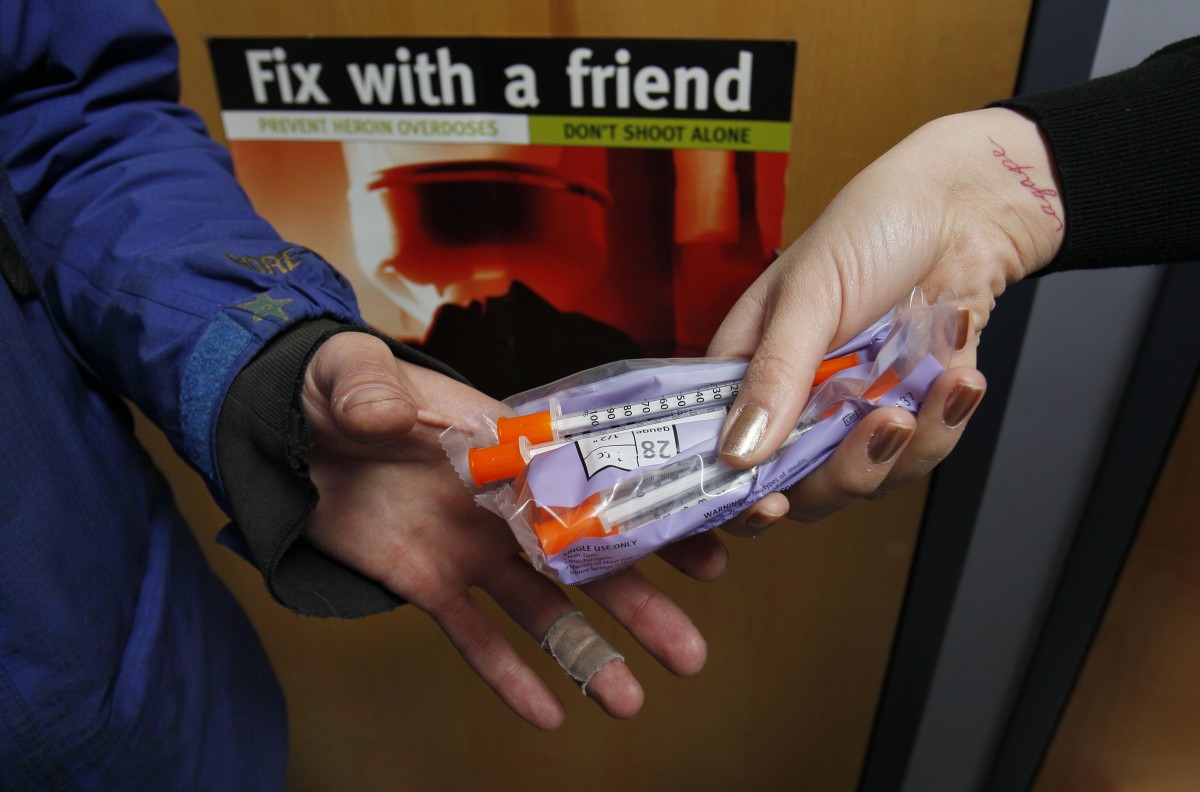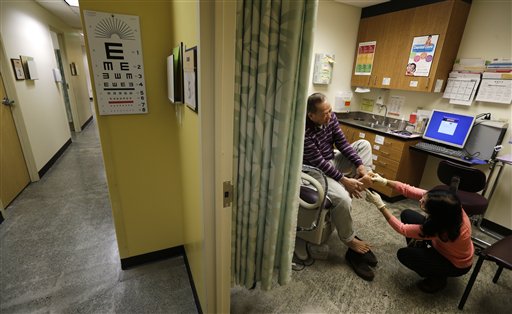More than four in 10 adults living in rural Appalachia cite drug abuse as the biggest issue facing their communities, according to “Life in Rural America: Part II,” a report released this week by NPR, the Robert Wood Johnson Foundation and the Harvard T.H. Chan School of Public Health from a telephone survey of 1,405 adults living in the rural U.S.
This, said, Robert Blendon, Menschel Professor of Health Policy and Political Analysis at the Chan School and co-director of the study, is among the most surprising findings.
Among other disturbing revelations, the researchers say, are that nearly half of rural Americans would be unable to afford to immediately pay off an unexpected $1,000 expense, and that four in 10 say their families have experienced problems affording medical bills, housing, or food in the past few years.

On Tuesday, 100-plus individuals representing community-based organizations, foundations, government agencies, academic institutions, and the media gathered at the Charleston Civic Center in Charleston, West Virginia, to discuss the findings, their root causes and possible solutions.
The first part of the survey was conducted in October of last year.
“We use this public opinion survey work to really provide the initial seed for conversations like the one we’re having here today,” Carolyn Miller, a Robert Wood Johnson senior program manager, told those assembled. “We aim to shed light on the lived experience of different groups of people to further understanding and to find common ground, and we link results of these calls to other programmatic work and research that we at the foundation are doing, as well as other people around the country.”
The survey confirmed some considerable concerns. The researchers found that rural Americans continue to have trouble accessing affordable, quality health care.
More than one in four say there has been a time in the past few years when they needed health care but couldn’t get it. Four in 10 adults without health insurance didn’t receive that care when they needed it.
And even those with health insurance had issues: One in four who had insurance said they didn’t receive care. Among the reasons were that it was still too expensive, they had no way to get to the provider, they couldn’t get an appointment, or the provider didn’t accept their insurance.
Nearly one in 10 adults living in rural America also report that hospitals in their community have shut down in the past few years.
Part I of Life in Rural America found that the most pressing concerns of rural Americans are jobs, the local economy and addiction. It also found that they are largely optimistic about their families’ and their communities’ futures. A majority expressed faith in their community to confront and overcome their issues.
This latest report reaffirms that such optimism abides. A majority of rural Americans believe they can make a difference, and they’re mobilizing that optimism. Nearly two-thirds of those surveyed say that – while recognizing they need assistance from state and local government in confronting their communities’ drug and economic issues – they remain optimistic about the role they can play in improving those communities.
Half have volunteered time to an organization working to make their community a healthier place and nearly half have volunteered their time to a non-religious charitable cause.
Asked how much impact they think they can have in making their community a better place to live, almost two-thirds say they can make a difference.
“The way I look at it,” Ed Sivak of the Mississippi-based Hope Enterprise Corporation told the crowd gathered in Charleston on Tuesday, “there ain’t nothing wrong in rural America that can’t be fixed by what’s going right.”
Additional resources will be required, Sivak stressed, but within communities is “where the solutions start.”



